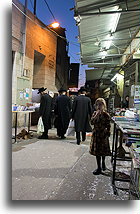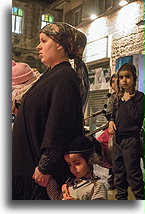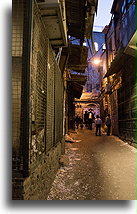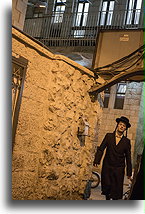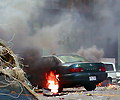Mea Shearim is one of the first settlements founded outside the walls of the Old City in Jerusalem in 1874. Name derives from the verse in the weekly part of the People on the Street, read the week the settlement was founded and means "hundred times" or "one hundred gates".
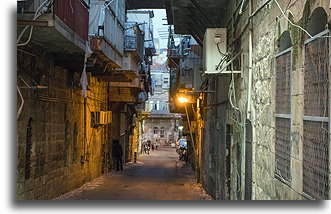
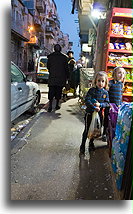
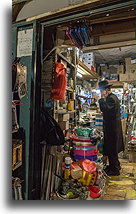
Only Ultra-Orthodox Jews, the Haredi, live in Mea Shearim, one of the oldest Jewish neighborhoods of Jerusalem. They are characterized by the rejection of all values and achievements of modern times. All streets retain the Eastern European character from the early twentieth century. A visit there is like a journey in time; the walls of houses are plastered with announcements, or pashkevils in Yiddish, sidewalks are thrown in trash, and small children smoke cigarettes, wherever nobody is watching them.
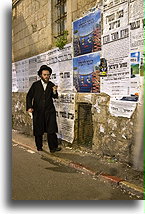
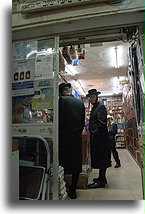
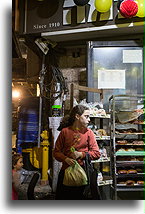
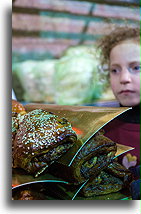
Mea Shearim district remains loyal to its old customs. Many families have between 5 and 10 children. Everyday life revolves around strict adherence to Jewish law, prayer, and the study of religious texts. Street passers touch mezuzahs (traditional miniature prayer scrolls with verses from the Torah) on the doorposts or street corners. All men are dressed in black frock coats and black hats. Many have long beards, and most of them grow long side curls, called peyots. Women's dress must be modest. They wear long skirts with thick black stockings. Different head coverings are used, from headscarves to wigs. Residents speak Yiddish on a daily basis; Hebrew is used only for prayers and religious studies. They stand on the position that Hebrew is a sacred language suitable only for religious purposes.
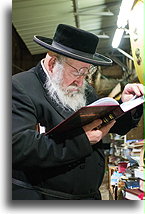
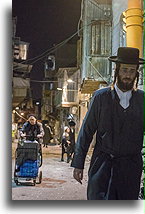
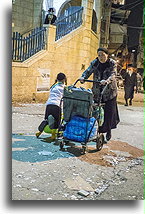
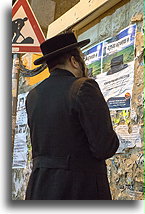
Israeli government does not tax Haredi Ultra-Orthodox Jews because they mainly do not work. Women are busy with household duties and raising many children while men dedicate all their time to study religious texts. Haredi population is growing much faster when compared to the entire Israeli population. It is starting to have a significant impact on the Israeli society as a whole. The sobering conclusion is to realize that the implementation of the Haredi's religious ethos of full-time People on the Street study is a threat to the economic stability of the Israeli state.
